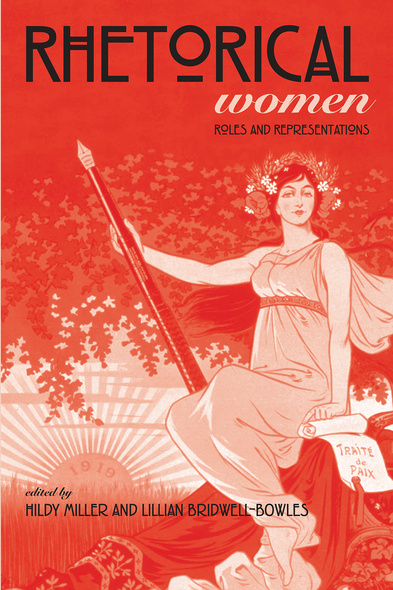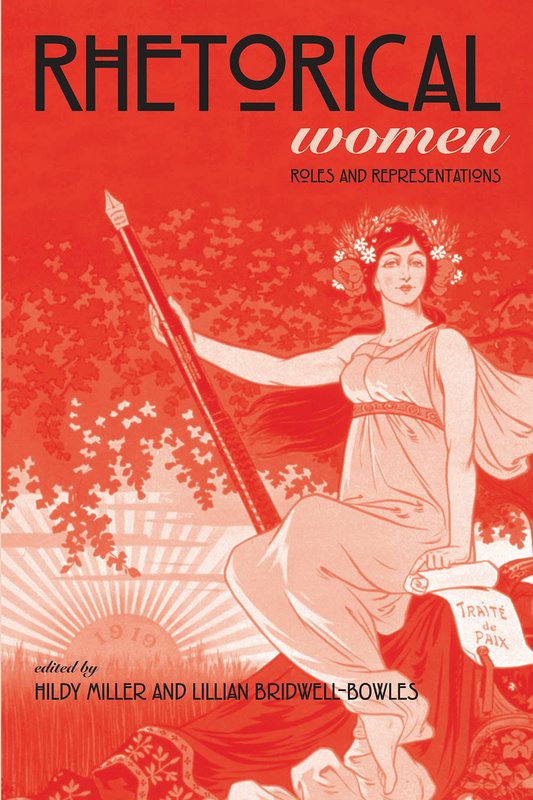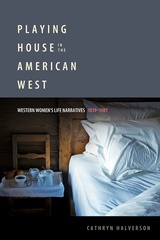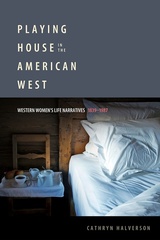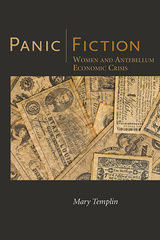Rhetorical Women
Roles and Representations
A collection representing a surprisingly varied range of roles or personas women have adopted to be able to speak or write publicly
Just as women in Greek myth are cast in roles ranging from the helpless and innocent to the manipulative and powerful, so women throughout the history of rhetoric have represented themselves as fulfilling roles that range from dependents or enablers of male authority to autonomous agents acting on their own. These essays examine the tactics women have employed in self-representation and the feminist rhetorics that result. Contributors examine both past and present practices, highlighting correspondences between them and the ways those practices have varied, succeeded, or failed.
Essays in part 1 consider how women historically have found ways to speak and write, while negotiating the limitations of their positions as women, as well as their spiritual, class, and ethnic roles. Essays in part 2 study the formal genres, strategies, and techniques female rhetoricians have used; and the essays of part 3 consider the contemporary challenges faced by women rhetors in a pluralistic world and the strategies and genres they have inherited and transformed.
Collectively, the essays look at the rhetorical issue of roles and representations by criss-crossing time and selecting particular issues and/or figures. Rhetorical Women is unique in that it juxtaposes several historical contexts in order to spotlight the strategies of the women rhetors.
A valuable contribution. . . . [Rhetorical Women] provides a comprehensive way of thinking about women and rhetoric not previously compiled in one source. The introduction is informative and explanatory, [and the] articles are consistently well written.’
—Carol Mattingly, author of Well-Tempered Women: Nineteenth-Century Temperance Rhetoric
Lillian Bridwell-Bowles is Professor of English and Director of Communication at Louisiana State University, and author of Identity Matters: Rhetorics of Difference.

